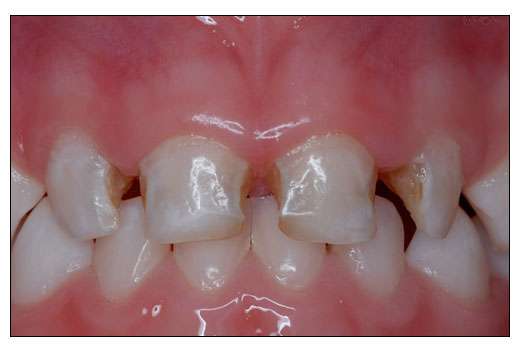Pediatricians Issue Warnings About Energy and Sports Drinks for Children
Posted on
Common energy drinks
Clinical Report—Sports Drinks and Energy Drinks for Children and Adolescents: Are They Appropriate?
COMMITTEE ON NUTRITION AND THE COUNCIL ON SPORTS MEDICINE AND FITNESS
Abstract
Sports and energy drinks are being marketed to children and adolescents for a wide variety of inappropriate uses. Sports drinks and energy drinks are significantly different products, and the terms should not be used interchangeably. The primary objectives of this clinical report are to define the ingredients of sports and energy drinks, categorize the similarities and differences between the products, and discuss misuses and abuses. Secondary objectives are to encourage screening during annual physical examinations for sports and energy drink use, to understand the reasons why youth consumption is widespread, and to improve education aimed at decreasing or eliminating the inappropriate use of these beverages by children and adolescents. Rigorous review and analysis of the literature reveal that caffeine and other stimulant substances contained in energy drinks have no place in the diet of children and adolescents. Furthermore, frequent or excessive intake of caloric sports drinks can substantially increase the risk for overweight or obesity in children and adolescents. Discussion regarding the appropriate use of sports drinks in the youth athlete who participates regularly in endurance or high-intensity sports and vigorous physical activity is beyond the scope of this report.
It is important to differentiate between energy drinks which contain a goodly amount of caffeine and other stimulants and sports drinks which contain sugar and electrolytes. I guess use is a matter of moderation and if the child is an athlete for sports drinks.
Sports and energy drinks are hugely popular with kids. But the nation’s pediatricians are not such big fans. They’re now telling kids to lay off the energy drinks, and to use sports drinks only when they really need them — like when they’re playing sports.
A new clinical report from the American Academy of Pediatrics warns that energy drinks, or any other drink with caffeine, should be off limits to children and teenagers. That includes colas and coffee drinks.
But the doctors are particularly worried about energy drinks, particularly since they often contain high levels of caffeine and other stimulants, and that’s often not clear on the label. The pediatricians say energy drinks often get confused with sports drinks, which generally don’t have caffeine.
Caffeine not only interferes with sleep, it can cause anxiety, raise heartbeats, and increase the risk of dehydration. “There’s great concern about what [caffeine] does over time or in high doses to a young, growing body that’s not fully mature,” says Dr. Holly Benjamin. She is a pediatric sports medicine specialist at the University of Chicago, and coauthor of the new report, which was published in Pediatrics. “It’s almost like a stress to your body.”Sports drinks don’t have that problem, but they do have sugar as the primary ingredient. That causes another problem. “Kids will drink a Gatorade after school,” Benjamin says. “They’ll drink a Gatorade at lunch. They’ll drink a Gatorade with dinner.”
All that sugar can contribute to obesity and tooth decay, the pediatricians say. Instead, children and teenagers should be drinking water, and lots of it. They also should be drinking two glasses of low-fat milk daily (lots of good protein, vitamin D, and calcium), and perhaps one or two glasses of juice. Benjamin says: “Other than that it’s water, water, water.”
I would always err on the side of caution – no energy drinks, soda or coffee for children. And, sports drinks in moderation, and if in doubt, then use the no sugar sports drinks.
Children have enough energy and really don’t need the sugar, citric acid and caffeine.





